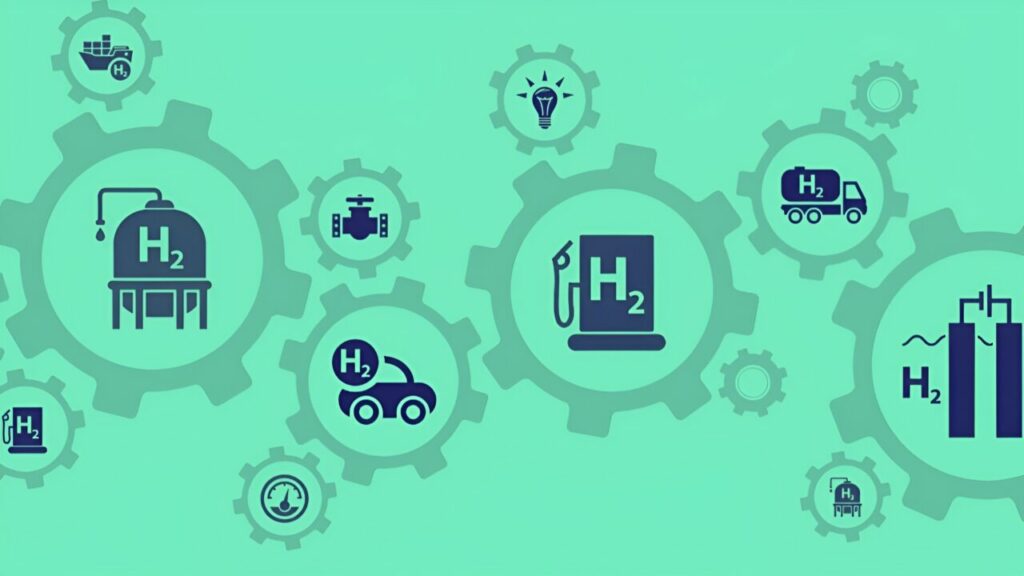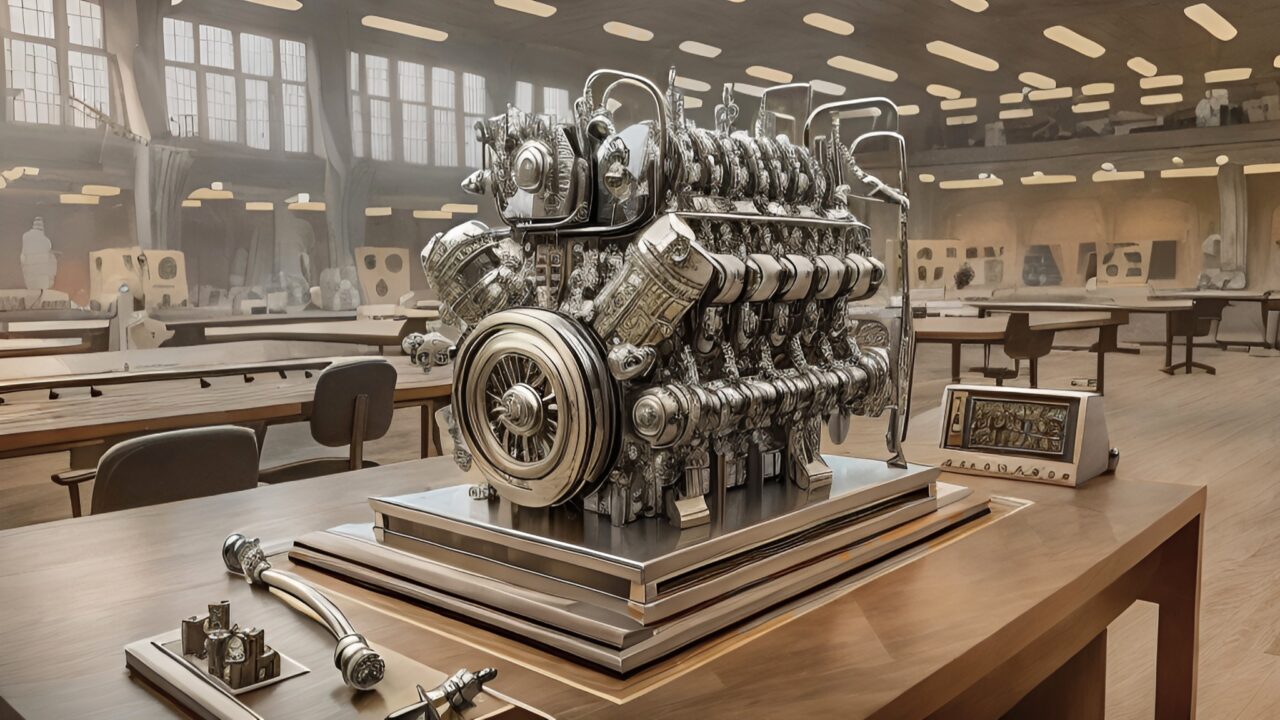Today, a group of intelligent students from the University of Bath reached a significant milestone. These students have accomplished something that major car manufacturers have yet to offer to consumers: the first internal combustion hydrogen engine produced by undergraduate students in the world. Why is this engine so important? Let’s take a closer look…
Groundbreaking Invention from the University of Bath! Students’ First Hydrogen Engine Passes All Tests
Hydrogen is notable among eco-friendly fuels because it produces zero carbon dioxide emissions during combustion. Using this super clean fuel, these students developed a prototype hydrogen engine and successfully passed all tests. Moreover, this engine was produced just in time for a world where gasoline and diesel vehicles will be banned in Europe by 2035.

They began the project with a modified single-cylinder gasoline engine provided by a sponsoring company. They equipped the engine with a special control unit and hydrogen-specific fuel injectors to make it suitable for hydrogen fuel. And what happened? The engine ran and passed the tests.
Samuel Ray, a student and the team leader, said about the project: “Before we started, we read all the research and literature available, analyzed everything, and tried to understand what we could achieve. Despite being a small team, it was really exciting to explore what we could do in this project.”

The success of producing a hydrogen engine is not only a promising development for these students but for the entire world. Innovations like this in clean energy can greatly contribute to the development of zero-emission vehicles and reduce our society’s reliance on polluting energy sources. In other words, these students have opened the door to a cleaner future.
The emergence of a hydrogen engine from undergraduate students demonstrates to the world how bright and solution-oriented young engineers and scientists can be. You can find the details of the study on the University of Bath page. What do you think about this? Do you believe that hydrogen engines, which even undergraduate students can now produce, could make an impact compared to other traditional energy sources? Share your thoughts in the comments section below.














